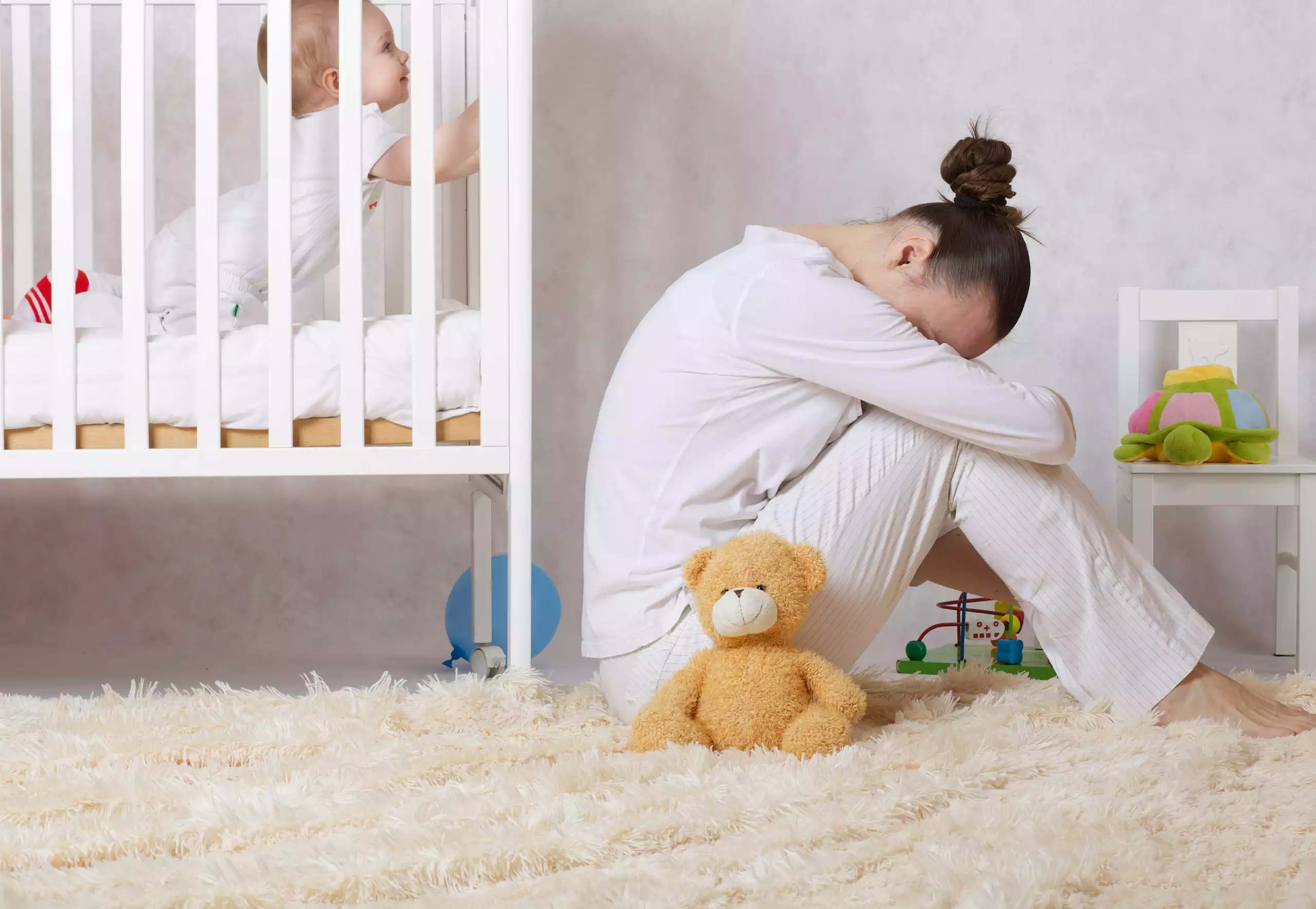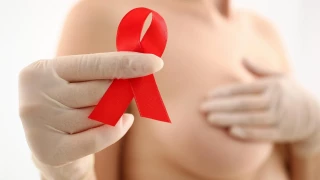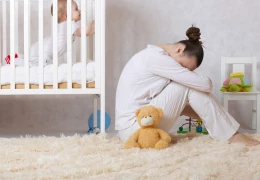
What is Postpartum Depression?
- What is Postpartum Depression?
- What Does Postpartum Depression Mean?
- What Factors Increase the Risk of Postpartum Depression?
- What Causes Postpartum Depression?
- How Is Postpartum Depression Treated?
About half of new mothers experience a change in their emotions called baby blues after birth. Up to 15% of these women will also develop a more severe and longer-lasting form of depression after giving birth, called postpartum depression. Women with postpartum depression may experience emotional ups and downs, frequent crying, fatigue, guilt, anxiety, and difficulty in babysitting. Also, postpartum depression can be treated.
What Does Postpartum Depression Mean?
Postpartum depression is a combination of physical, emotional, and behavioral changes that occur after birth, attributed to the psychological, social, and chemical changes associated with having a baby. Postpartum depression is common. In addition, one in every 1,000 women develops a more serious condition called postpartum psychosis.
What Factors Increase the Risk of Postpartum Depression?
It is possible to list the factors that increase the likelihood of this situation as follows:
- Having a personal or family history of depression.
- Limited social support.
- Marriage conflict.
- Indecision about pregnancy.
- Presence of a history of depression during pregnancy.
What Causes Postpartum Depression?
More research is needed to determine the link between the sudden drop in hormone levels after giving birth and depression. The level of reproductive hormones in women increases by an average of tenfold during pregnancy. But after birth, it drops sharply. Three days after birth, the levels of these hormones drop to pre-pregnancy levels. In addition to these chemical changes, the social and psychological changes that come with having a baby also increase the risk of postpartum depression. If you have any of the following symptoms, please report it to a healthcare professional immediately:
- Thoughts of harming yourself or your baby.
- Recurrent thoughts of death or suicide.
- Depressed mood most of the day, almost every day for the past two weeks.
- Feeling worried, guilty, hopeless, scared, panicked, or worthless.
- Difficulty thinking, making decisions, or coping with everyday situations.
- Loss of interest or pleasure in most activities of the day, nearly every day, for the past two weeks.
How Is Postpartum Depression Treated?
This mental problem that most women suffer from is, fortunately, mostly treatable. Postpartum depression is treated in a variety of ways, depending on the woman's type of symptoms. These options include anti-anxiety or antidepressant medications, psychotherapy, and support group participation. In the case of postpartum psychosis, the drugs used to treat the psychosis are often different. Even in this case, hospitalization is often necessary.





